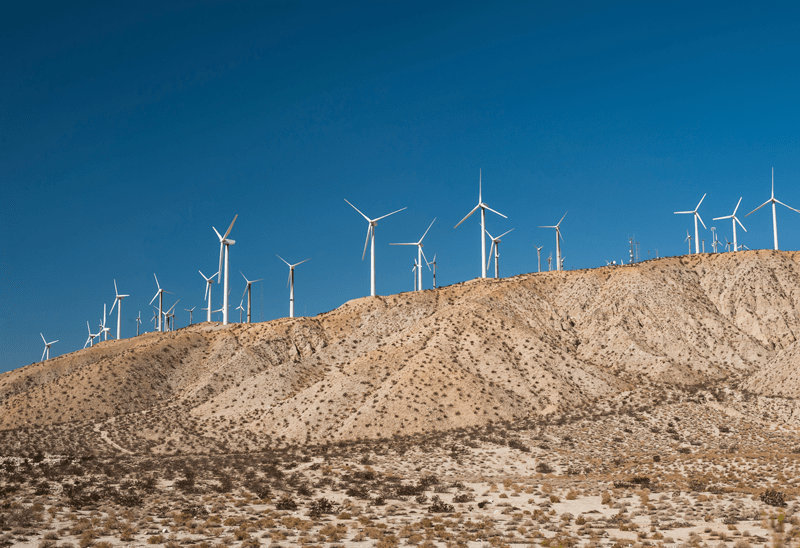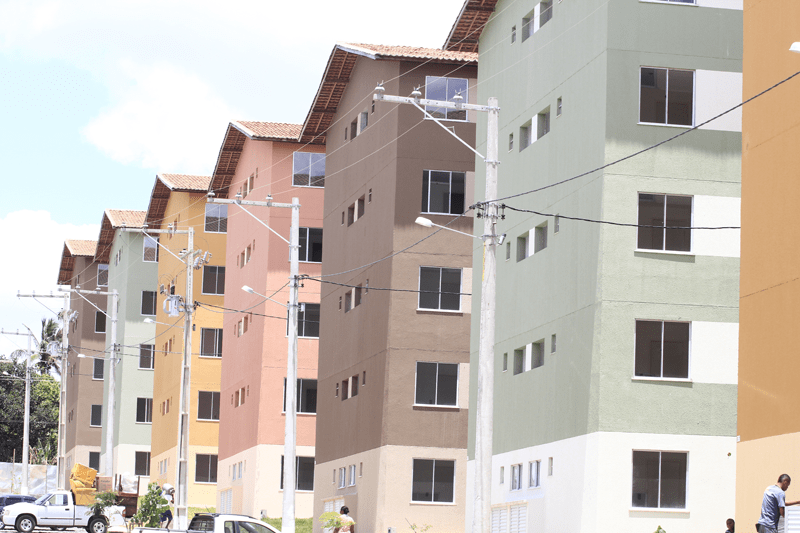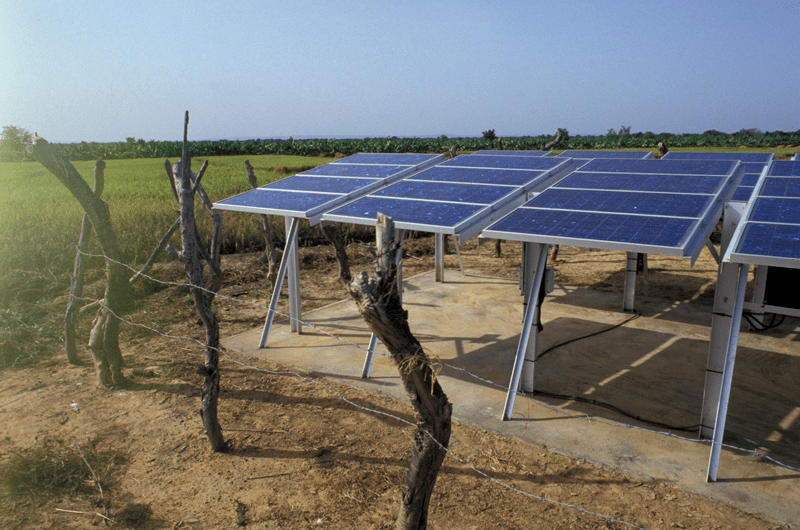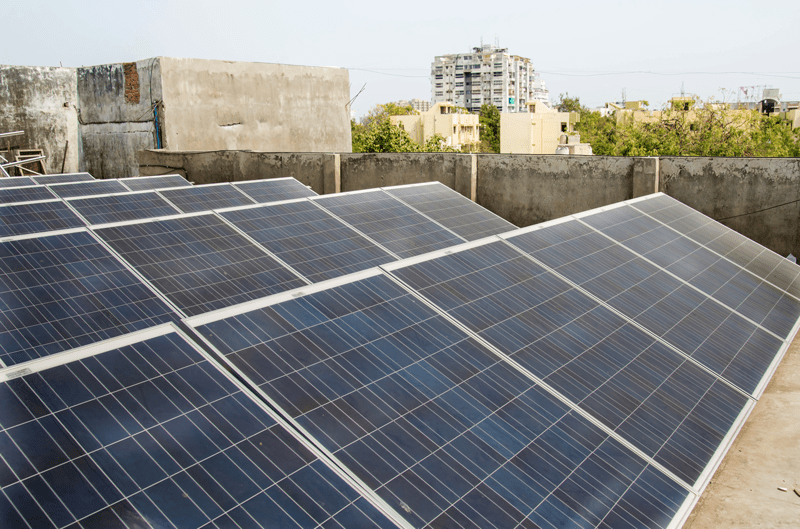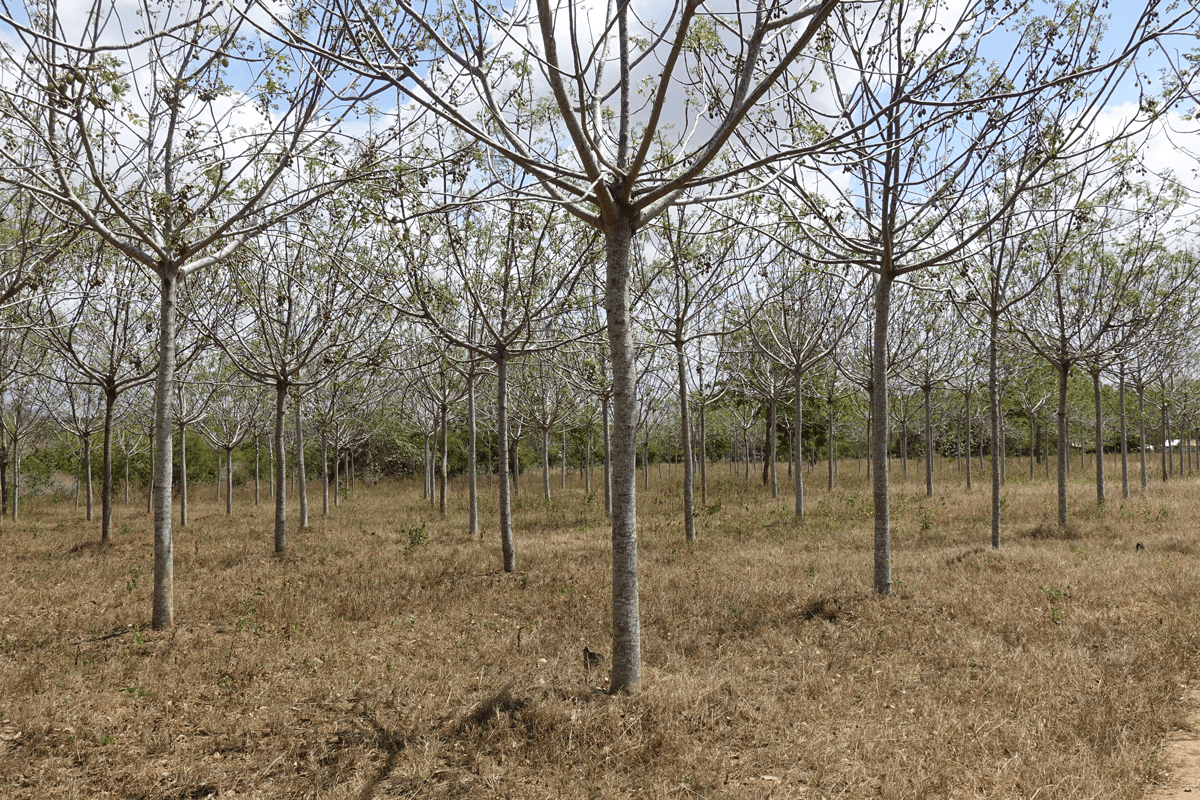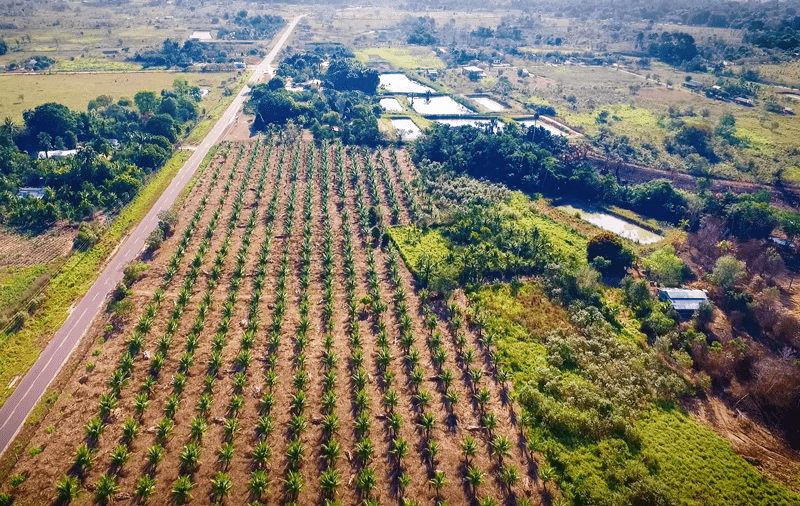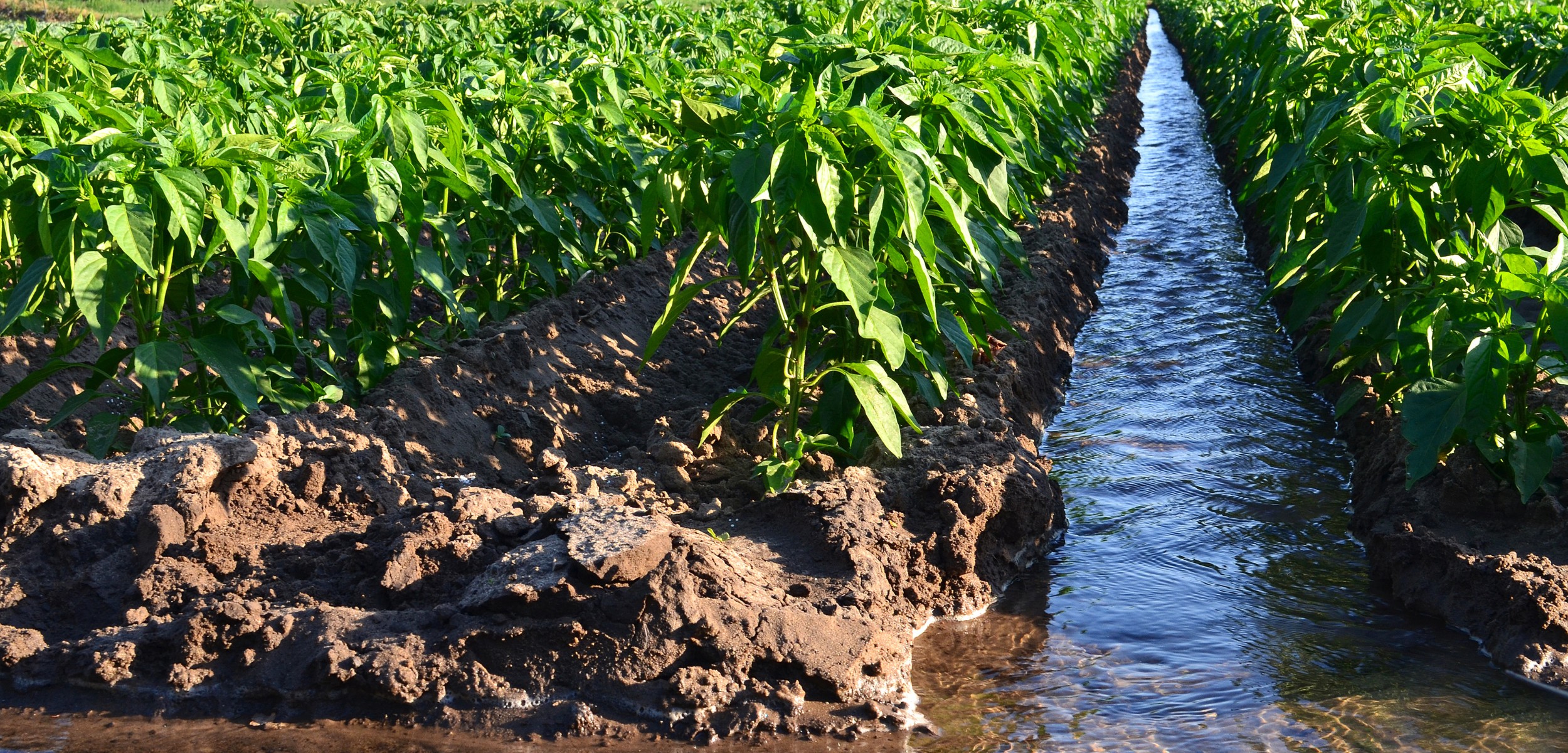New York, 27 Sept 2018 – The Lab – an investor-led initiative that aims to drive billions of dollars for climate action by developing and supporting innovative finance instruments – has launched its 2018 class of nine new investment vehicles. Over 30 high-level Lab members from governments, private investors, philanthropies, and development finance institutions convened at The Rockefeller Foundation in New York during Climate Week to endorse and formally launch the vehicles for implementation. Public and private investors also committed to financial, technical, and political backing to take these rigorously developed instruments to market.
Since its start in 2014, the Lab has launched 35 vehicles and enterprises that have mobilized US$ 1.15 bn for critical climate and sustainable development projects. These include Energy Savings Insurance, which insures the financial performance of energy efficiency savings projects and is being scaled up in nine Latin American countries, Climate Investor One, a first-of-its-kind fund that has mobilized US$ 535 mn for large-scale renewable energy projects in Africa, Asia, and Latin America, and CRAFT, which will be the first-ever private equity fund for climate adaptation projects.
The Lab’s programs have been supported by Bloomberg Philanthropies, the David and Lucile Packard Foundation, the German Federal Ministry for the Environment, Nature Conservation, and Nuclear Safety (BMU), the Netherlands Ministry for Foreign Affairs, Oak Foundation, The Rockefeller Foundation, Shakti Sustainable Energy Foundation, the UK Department for Business, Energy & Industrial Strategy, and the U.S. Department of State.
Over their lifetimes, the nine 2018 Lab instruments have the potential to collectively mobilize multiple billions of dollars in investment, and reduce emissions by an amount roughly equivalent to the 2013 carbon footprint of Paris. The instruments will also bring significant social and economic benefits to targeted developing countries, including job creation and increased income, gender empowerment, healthier cities, and energy access.
Selected for development from among hundreds of ideas submitted, the Lab’s investors prioritized ideas from sectors that remain critical for climate change action. They include:
CLEAN ENERGY ACCESS
- Distributed Energy for Social Housing is a fund that will support distributed solar energy for low-income tenants in Brazil. In the next twelve years, DESH has the potential to reach nearly 700,000 households, enabling 1,125 MW of energy and mobilizing US$1.1 bn.
- Green Aggregation Tech Enterprise (GATE) is the first ever guarantee mechanism to increase clean energy access through mini-grids in Sub-Saharan Africa. The GATE instrument will enable 60,000 minigrid electricity connections over the next five years in Kenya, Nigeria and Zambia, with potential to scale up rapidly to over 27 million households as it proves the model.
- The Residential Rooftop Solar Accelerator will accelerate mass adoption of residential rooftop solar to households in India through a standardized product offering and easy financing. At scale, the instrument has the potential to install 5 KW projects for 20,000 households, abating 130,000 tons of carbon emissions by 2022.
SUSTAINABLE LAND USE
- The Smallholder Forestry Vehicle will be the first and only investment mechanism to scale up forestry by smallholder farmers in Africa. By 2030, the Smallholder Forestry Vehicle has the potential to restore more than 40,000 hectares of degraded land, and increase the incomes of 50,000 farming households by up to 30%. More than 50% of the targeted farmer beneficiaries will be women.
- The Responsible Commodities Facility will promote the responsible production of commodities, particularly soy, in the Brazilian Cerrado biome, through incentives to plant in already cleared and degraded lands. It aims to channel low cost loans to 600 farms, for cumulative lending of more than US$ 3 bn over 10 years. This has the potential to originate over US$ 20 bn worth of deforestation-free soy and corn while restoring 1.2 mn hectares of degraded lands, which would contribute to 55 mn tonnes of carbon emissions abated.
- The Socio-Climate Benefits Fund is a new enterprise that will create a blueprint business model to restore Amazon forests by investing in agroforestry systems for smallholders. The initial program will reach 500 farmers, increasing smallholder incomes by up to 234% while creating lasting tree cover.
LOW-CARBON TRANSIT
- Financing for Low-Carbon Auto Rickshaws is a facility to deploy more electric auto-rickshaws in Indian cities and provide better livelihoods for auto-rickshaw drivers, through a model that provides up to 100% debt financing at competitive rates, and opportunities for driver ownership. The instrument aims to reach 9,000 auto-rickshaw drivers, mobilizing US$ 33 mn of investment and avoiding 330,000 tons of carbon emissions over 10 years.
- The Battery Subscription Facility is an electric bus battery financing mechanism that reduces the ownership cost of electric buses to compete with CNG and diesel buses. The Facility is currently working with corporate bus clients in India. If it captures just 4% of the corporate bus market in India, it will reduce electric bus ownership costs to 16% cheaper levels than diesel bus costs while avoiding 250,000 tons of carbon emissions over 10 years.
- Pay-As-You-Save for Clean Transport reduces the upfront cost of electric vehicles, starting with transit buses, by harnessing a utility’s capacity to invest in on-board batteries and recover its cost as a service charge. In the cities that implement it, the mechanism can lower costs of rapid transit, while completely eliminating tailpipe emissions from transit buses.
On October 9th 2018, the Lab will open a call for ideas for next year’s cycle where it will be targeting ideas to drive investment for climate adaptation, energy access, sustainable cities, coastal ecosystems, and sustainable agriculture in developing countries.
QUOTES
Saadia Madsbjerg, Managing Director, The Rockefeller Foundation –“Innovative finance has a critical role to play in catalyzing action to address the world’s most pressing global challenges—like building resilience in the face of climate change. The Rockefeller Foundation is proud to support the Lab in its work to develop and scale the next generation of financing solutions.”
Karsten Sach, Director General Climate Policy, European and International Policy, Federal Ministry for Environment, Nature Conservation, and Nuclear Safety (BMU), Germany – “BMU is proud to support the Lab as a driver of financial innovation to accelerate the transition towards a low-carbon society. It’s a unique platform where private sector, philanthropic and government actors are joining forces.”
Idsert Boersma, Director of Funds, Syndications & Value Creation, FMO – “The Netherlands is proud to support the Lab’s climate action work to develop innovative investment solutions, accelerating the transformation to a sustainable economy. Lab instruments have already mobilized over $1 billion, a clear demonstration of their important role in the market.”
Krishan Dhawan, CEO, Shakti Sustainable Energy Foundation — “India has shown immense potential in leading the way to a cleaner future, but in order to accelerate this transition, innovations in financing are necessary. Today we’re proud to help launch several solutions that can accelerate two vital sectors of India’s low-carbon economy, residential rooftop solar power and electric transit.”
Hon. Dr. Vincent Biruta, Minster of the Environment, Government of Rwanda –“Rwanda is proud to support the Lab and its work to develop investment solutions for green growth. We look forward to the implementation of this year’s Lab solutions, which look to drive both development and action on climate.”
Stephan Opitz, Member of the Management Committee, KfW Bank — “Financial innovations for mobilization of private capital are crucial to catalyzing the transition to a more climate-resilient world. The instruments developed and launched by the Lab fill important gaps in the market and have already mobilized over $1 billion, with more to come.”
Barbara Buchner, Executive Director of Climate Policy Initiative and the Lab Secretariat — “The Lab is proud to help launch these nine new solutions for innovative financing of clean transit, energy access, and sustainable land use in emerging markets. The instruments are already on their way to making significant impact on the ground, at a time when swift and catalytic solutions for climate action are needed more than ever.”
ABOUT THE LAB
The Lab identifies, develops, and launches sustainable finance instruments that can drive billions to a low-carbon economy. The Lab’s programs have been funded by Bloomberg Philanthropies, the David and Lucile Packard Foundation, the German Federal Ministry for the Environment, Nature Conservation, and Nuclear Safety (BMU), the Netherlands Ministry for Foreign Affairs, Oak Foundation, The Rockefeller Foundation, Shakti Sustainable Energy Foundation, the UK Department for Business, Energy & Industrial Strategy, and the U.S. Department of State. Climate Policy Initiative serves as Secretariat.
CONTACT
Maggie Young
Senior Communications Associate
Climate Policy Initiative
maggie.young@cpisf.org

